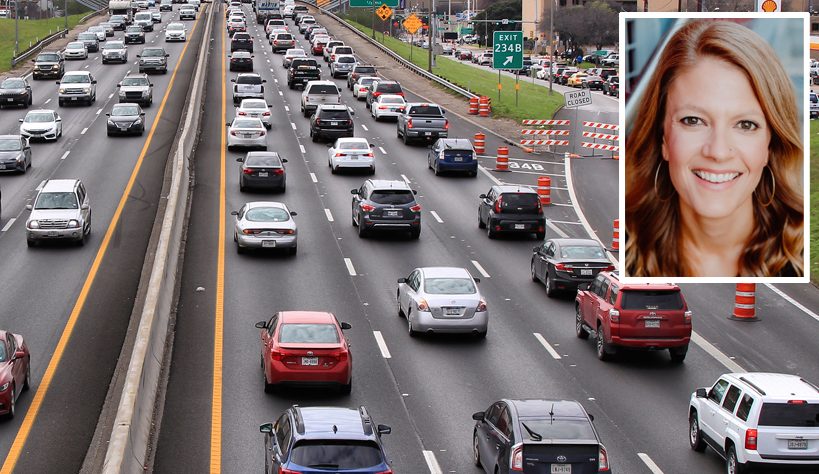Can you answer this riddle?
A town maintains a fleet of vehicles for town employee use. It has two types of vehicles. Type A gets 15 miles per gallon. Type B gets 30 miles per gallon. The town has 100 Type A vehicles and 100 Type B vehicles. Each car in the fleet is driven 10,000 miles per year. The town’s goal is to reduce gas consumption and thereby reduce harmful environmental consequences.
Choose the best plan for replacing the vehicles with corresponding hybrid models:
a. Replace the 100 vehicles that get 15 miles per gallon (mpg) with vehicles that get 20 mpg.
b. Replace the 100 vehicles that get 30 miles per gallon (mpg) with vehicles that get 40 mpg.
c. a) and b) are equivalent.
d. I don't know.
The answer is a, but a 2008 study by two Duke University researchers found that most who answer the question incorrectly choose b. After all, a 10-mpg increase in the same number of vehicles sounds a lot better than a 5-mpg hike, right?
In fact, measuring cars' efficiency in mpg creates what statisticians call a curvilinear relationship between fuel consumption and efficiency. So the bang for the buck that's possible by improving mpg is largest when you're dealing with gas-guzzling vehicles, thus making the 15 mpg cars in the riddle the best candidate for replacement.
But what about transportation pros, the types who actually measure the real-world impacts of fuel economy? One might assume that industry veterans would understand the curvilinear trick -- but they still slip up in surprising numbers when asked to make efficiency decisions based on mpg, according to a new study by researchers at the University of California, Davis.
The study asked transportation pros to choose the best efficiency improvement using two metrics: one in mpg and one in "gpm," which restates fuel economy based on how many gallons a car burns every 100 miles. Nearly 40 percent of the industry respondents answered b when asked that tricky riddle, which the U.C. Davis team concluded "raise[s] questions about the policy and regulatory implications of representing fuel economy in mpg to make decisions about fleet efficiency."
Still, that's not the only negative consequence of relying on mpg to measure efficiency. Car companies are currently fined $55 per mile for violating federal CAFE standards (a charge that was last increased in 1997) -- but those fees are applied as if all consumption violations are equal, when a heavy truck breaking the rules is more of a drag on efficiency than a passenger car in violation.
If CAFE fines were imposed on the auto industry using gpm, not mpg, "truck violations would be penalized more and many passenger car violations would be penalized less," the U.C. Davis researchers concluded.
What's more, the government would actually be collecting more from the most egregious CAFE rule-breakers if gpm were used. The U.C. Davis team estimated that about 20 percent of current penalty burden would be redistributed, largely hitting trucks and less efficient vehicles.
The U.C. Davis researchers behind the report are Dana Rowan, Alex Karner, and Deb Niemeier. "At a minimum, future rules should be written to prevent MPG-based distortions," they conclude -- a nuance that was lost on the authors of the recent "cash for clunkers" rebate program.





